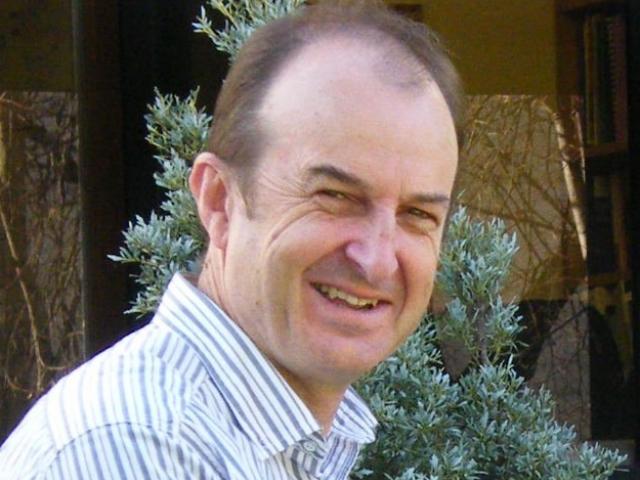
While New Zealand exporters face uncertainty in the logging trade with China because of of the Covid-19 pandemic, there have been huge opportunities for graduates in recent years and Prof Manley said he expected that to continue.
“It’s an exciting time to be in forestry. There’s been amazing volumes that have been harvested for export in the last few years and the One Billion Trees initiative has put forestry centre stage.”
The University of Canterbury school of forestry was the only one of its kind in Australasia, meaning graduates were in demand on both sides of the Tasman.
“Our graduates have been getting jobs very easily. Our students have been getting offered summer jobs in Australia to encourage them to go back and work there,” Prof Manley said.
Two years ago the school attracted about 25 first-year students annually for its four-year forestry science degree, while just five or six students a year were taking up the forestry engineering degree.
Forestry Minister Shane Jones visited the school in 2018 to ask how the Government could help.
“We said ‘we need to increase our profile’. Many people say we are the best-kept secret in Canterbury.”
From that meeting scholarships were made available to encourage more female and Maori students to study forestry through the Ministry for Primary Industries’ Te Uru Rakau (Forestry New Zealand), with three years’ worth of funding.
“Last year the quality was so good they ended up giving eight scholarships rather than the four they had planned. This year they presented six and next year they plan to award another eight,” Prof Manley said.
Scholarships were also available through the WIDE (Wood Industry Development and Education) Trust and directly from forestry companies, meaning around half the forestry students were now on scholarships.
Last year there were 41 first year forestry science students and 34 this year, while 15 forestry engineering students entered their first professional year this year.
“It’s fantastic. It’s increased the numbers and once we get through the current [coronavirus crisis], the opportunities are there in New Zealand and Australia and further afield, and the broadening of opportunities through the One Billion Trees initiative,” Prof Manley said.
Graduates worked across the forestry sector, most working in forestry plantations initially as establishment supervisors or planners, and in silviculture and harvesting.
Others worked in research, policy-making and consultancy or advisory roles.
University of Canterbury school of forestry graduates included Te Uru Rakau head Julie Collins and Department of Conservation director-general Lou Sanson.
-By David Hill













